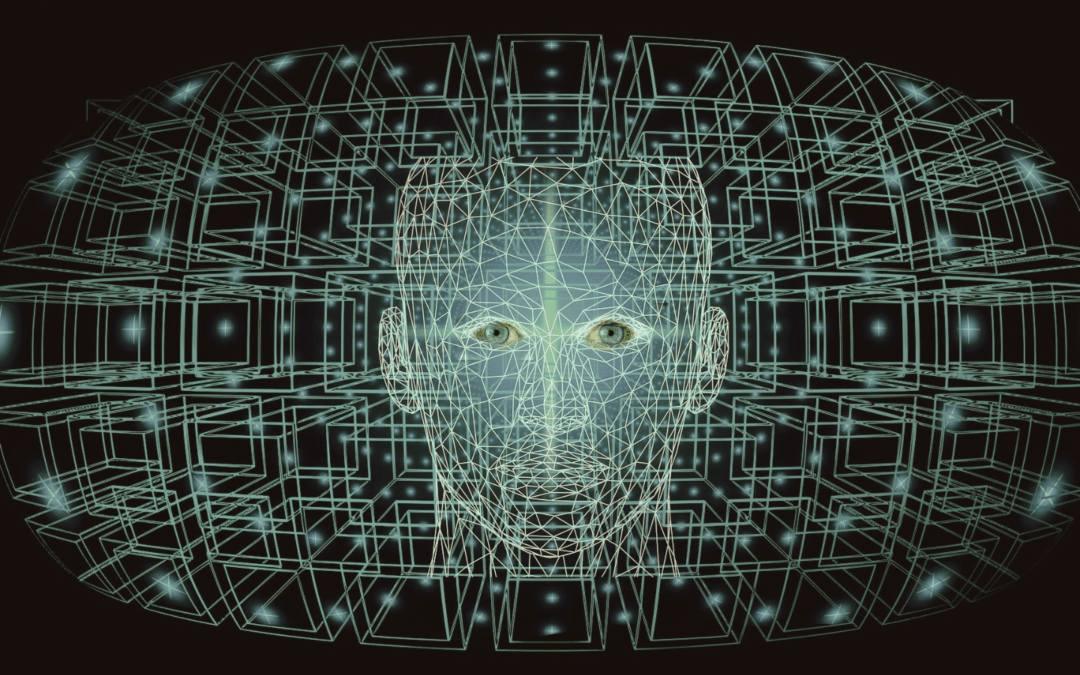For a few months now, Artificial Intelligence has been making an explosive statement, generating a lot of interest accompanied by doubts, controversies and perplexities.
The wide diffusion of ChatGPT has raised a heated discussion among experts who have focused on understanding the real innovative scope of this intelligent tool. In some countries, such as Italy, its use has been blocked for reasons related to the processing of personal data, and various proposals for laws regulating the use of AI are emerging worldwide.
We at Drive2Data decided to answer some of the most frequently asked questions about Artificial Intelligence and give our point of view as industry experts.
ChatGPT: what does the latest research say?
ChatGPT (Generative Pre-Trained Transform) is a type of chatbox that uses Natural Language Generation (NLP) technology to interact with users in a very similar way to a normal human conversation. This tool is trained using a large amount of textual data and advanced algorithms to create consistent and intelligent answers to user questions.
Two PhD students from MIT (Massachusetts Institute of Technology) have carried out a research taking as a sample the experienced professionals in Human Relations and Marketing using ChatGPT and found a time saving of about 37% and an increase in productivity of 20% compared to those who do not use this AI tools.
The thesis underlying this study is that by saving on costs, creating new jobs for the introduction of new skills and increasing the productivity of workers who are faster in completing their tasks, economic growth is increased.
In addition, according to the report “The potentially Large Effects of Artificial Intelligence on Economic Growth”, published in late March 2023, generative AI is intended for labor productivity of 1.5 percentage points per year.
Why are NLP techniques such an important breakthrough?
Unlike programming languages that have precise rules, our language is not easily represented. Precisely from this came the need to create an instrument capable of understanding and responding to man. Computational linguistics, the study of computer systems for the analysis and processing of natural language, deals with analyzing the functioning of the latter in order to develop executable programs.
The dialogue between man and “machine” involves different aspects, such as phonetics, phonology, morphology, syntax, semantics, pragmatics and discourse as a whole. There are many NLP tasks that automate the functions of these disciplines, for example:
- breakdown of the sentence into elementary units;
- semantic analysis;
- analysis of Sentiment;
- recognition of language.
Today the NLP is able to analyse complete discourses passing from the dimension of analysis of the single word to the comprehension of the sentence as a whole (Natural Language Understanding). To do this you need some key steps:
- Word Sensing Disambiguation: associate words with the right meanings;
- Semantic Role Labeling: focus on a word and try to understand its context and identify its roles within the sentence;
- Semantic Parsing: transform text into a semantic representation structured with logical sense.
Certainly, ChatGPT turns out to date, the network with more parameters ever trained and has opened the way to the development of increasingly sophisticated and intelligent applications.
Can innovation really be stopped?
ChatGPT was blocked in Italy because the Italian Data Protection Authority pointed out that the software does not comply with the GDPR for the collection of user data, exposing minors to content at risk. Until the company, OpenAi, will not find a data protection solution the service will not be available.
In recent months, the pace of technological development has made enormous progress, so much so that an appeal has even been made, published by the “Future of Life Institute” signed by Elon Musk and many other important personalities in the field, to ask to suspend for at least 6 months the creation of more powerful AI tools than ChatGPT-4.
We at the Drive2Data, working for years in the field of Artificial Intelligence, are firmly convinced that it is impossible to stop the innovation brought by intelligent technologies. If used correctly and consciously, they can improve many of the human activities in all sectors, from safety to accessibility, from the automation of simple tasks to ecological sustainability systems.
As in all civil societies, we need a system of rules combined with education to consciously use tools with very high potential. “Disciplinary” is essential to achieve results that benefit the entire community.
We do not believe that AI can be considered dangerous nor an “epochal upheaval” as taken from Elon Musk’s letter, it is the people who must possess an ethics and culture appropriate to an increasingly digitalized world.
You may also be interested in…

AI AND MACHINE LEARNING: THE REAL LEADERS OF CYBER PROTECTION


